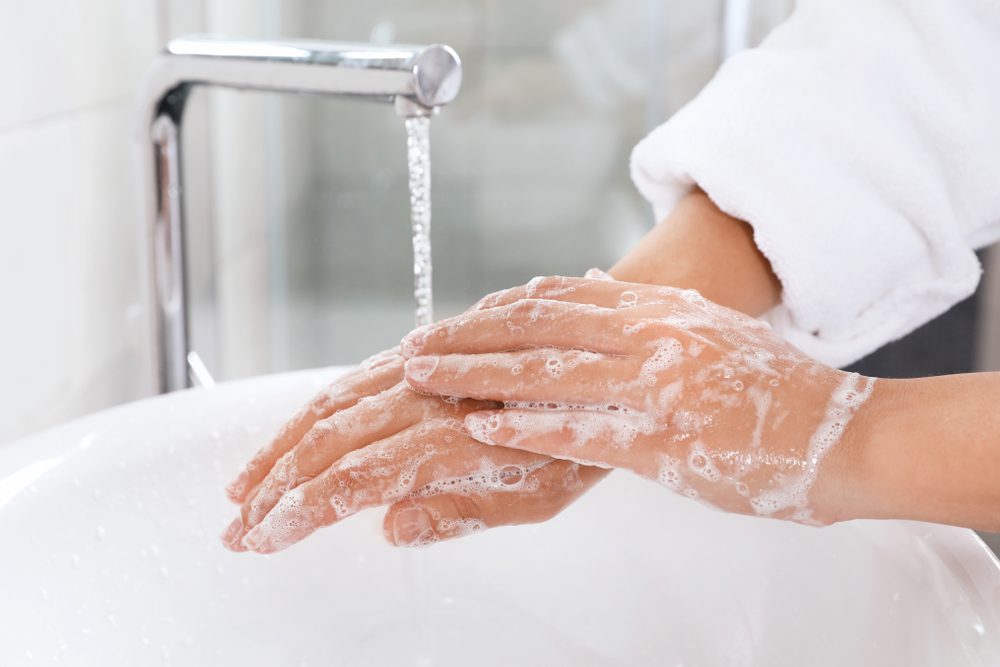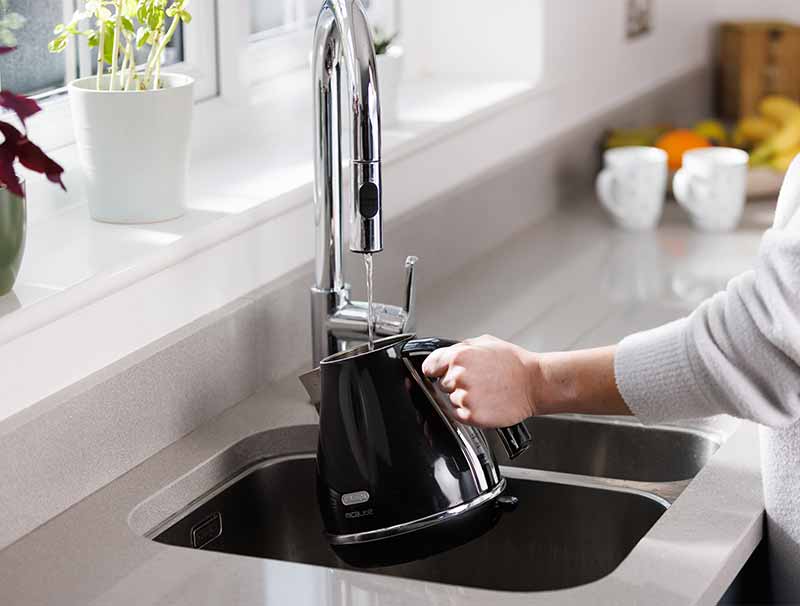Every person seems to have their own unique rationale involving 4 Ways to Troubleshoot Low Water Pressure.

Low water pressure in your house can be an aggravating trouble, affecting every little thing from showering to washing recipes. If you're experiencing weak water circulation, there are a number of possible reasons and remedies to check out. In this guide, we'll discuss common reasons for low water stress and sensible steps to address the issue efficiently.
Introduction to Low Water Stress
Low water stress takes place when the flow of water from your taps, showers, and various other fixtures is weak than usual. This can make everyday tasks much more challenging and less efficient. Understanding the causes of low water pressure is vital to locating the ideal service.
Common Reasons For Low Tide Stress
Faulty Pressure Regulators
Stress regulators are responsible for maintaining consistent water stress in your house. If they malfunction, it can result in low tide stress or unequal circulation throughout your house.
Municipal Supply Of Water Issues
Occasionally, the issue exists outside your home. Local water supply problems, such as main line leaks or maintenance job, can momentarily minimize water stress in your area.
Pipeline Obstructions
Over time, pipes can become blocked with mineral deposits, sediment, or particles, restricting the circulation of water. This is a common problem in older homes with galvanized steel pipes.
Rust
Corrosion within pipes can bring about leaks and lowered water stress. Corrosion accumulation can constrict water flow, particularly in aging plumbing systems.
Just How to Identify Low Tide Stress
Evaluating Pipes
Check noticeable pipes for indicators of leakages, rust, or obstructions. Take note of any uncommon audios, such as banging or rattling pipelines, which might suggest concerns within the plumbing system.
Consulting with a Plumber
If you're incapable to determine the reason for low water stress, think about working with an expert plumber to carry out an extensive evaluation. They can identify underlying concerns and advise proper remedies.
Checking Taps and Components
Beginning by examining the water stress at various taps and components throughout your home. If the issue is separated to particular locations, it may indicate local troubles.
Do It Yourself Solutions to Repair Low Tide Stress
Flushing Hot Water Heater
Sediment buildup in the hot water heater can limit circulation and lower effectiveness. Flushing the storage tank regularly assists remove sediment and keep optimal performance.
Inspecting Stress Regulatory Authority
Ensure that the pressure regulator is functioning properly. Readjusting or changing the regulator can help recover appropriate water stress throughout your home.
Cleaning Up Aerators and Showerheads
Mineral deposits can build up in aerators and showerheads, reducing water circulation. Get rid of and cleanse these parts on a regular basis to boost water pressure.
Clearing Up Clogs in Water Lines
For small clogs, try making use of a plumbing snake or chemical drainpipe cleaner to clear blockages in pipes. Be cautious when utilizing chemicals and adhere to safety and security guidelines.
When to Call an Expert Plumber
If DIY initiatives fail to solve the issue or if you believe considerable plumbing troubles, it's finest to look for assistance from a qualified plumber. They have the experience and tools to resolve complex concerns securely and efficiently.
Preventive Measures to Keep Water Stress
Setting Up a Stress Booster
Think about installing a stress booster pump to enhance water stress in locations with regularly low circulation. This can be specifically advantageous for multi-story homes or residential properties with high-demand components.
Tracking Water Use
Be mindful of water use practices and avoid ill-using the plumbing system. Basic adjustments, such as astonishing showers and washing lots, can help preserve adequate water pressure.
Routine Upkeep
Set up regular upkeep for your plumbing system to stop problems such as corrosion, leakages, and obstructions. Dealing with minor troubles early can help prevent more considerable repairs later on.
Verdict
Taking care of low water stress can be aggravating, however determining the underlying reasons and carrying out appropriate options can recover ideal flow throughout your home. Whether it's cleaning up aerators, checking pipelines, or consulting with a plumber, taking positive steps can ensure a stable supply of water for your day-to-day requirements.
FOUR WAYS TO FIX LOW WATER PRESSURE NOW
Turning on a shower or faucet only to find the water comes out in a sad, slow drizzle is never a good feeling. How exactly are you supposed to wash a pan or take a quick shower when it takes 10 minutes just to rinse off a little soap? The good news is that when your water pressure is bad, there's always a cause: typically one that can be easily fixed. Here are some of the most common causes of low pressure and what you can do to fix the issue:
DEBRIS AND MINERAL DEPOSIT BUILDUPS
If you notice low water pressure from just one or two of the fixtures in your house, the problem likely has to do with debris buildup. Water is full of minerals and other debris, all of which can accumulate in your pipes and on your fixtures. This can cause a blockage that affects how much water flows through. To fix this, try filling a small plastic bag with white vinegar, and use a rubber band to hang it around your showerhead or faucet. Let the head of the fixture soak for a few hours, and the vinegar should loosen the deposits.
WATER LEAKS
Leaks are another common cause of low water pressure. If water is flowing out of your plumbing through a hole or crack before it can reach your fixture, the pressure coming out of the faucet or showerhead will be lower. A plumbing professional is your best bet for finding and repairing a leak in your water supply pipes.
Leaks are another common cause of low water pressure. If water is flowing out of your plumbing through a hole or crack before it can reach your fixture, the pressure coming out of the faucet or showerhead will be lower. A plumbing professional is your best bet for finding and repairing a leak in your water supply pipes.
A VALVE ISSUE
If you have low water pressure throughout your home, check your main shut-off valve to make sure it's completely open. You may also want to see if there's a pressure-reducing valve installed. If there is, have a plumber help you adjust the settings to get the pressure you're looking for.
OTHERS USING WATER
Believe it or not, your low water pressure could be caused by your neighbors. If you notice low pressure at certain times of day, it may be because you and the people living next to you have similar schedules - when everyone is showering at the same time, the pressure will be lower in every home. Low pressure throughout the neighborhood may also be caused by an issue with your municipal water supply. If that's the case, call the supplier to see if they're working on the issue.
https://www.rotorooter.com/blog/water-leaking/low-water-pressure-fixes/

Do you appreciate reading up on 9 Reasons for Low Water Pressure in Your House? Write a review down the page. We would be delighted to listen to your ideas about this blog posting. Hoping that you visit us again soon. Do you know someone else who is in the market for the topic? Do not hesitate to promote it. Thanks for your time. Return soon.
Go Services